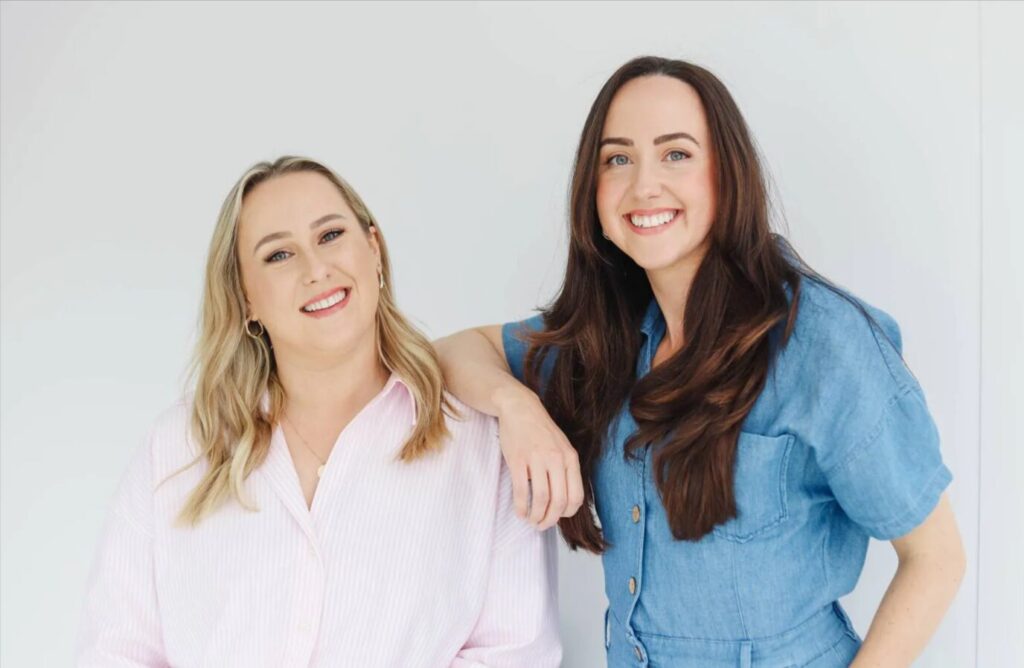Why would someone turn their back on a Big Four company? For some it is the relentless pace; others just have ambitions to run their own business
Landing a spot with one of the top-tier legal, accountancy, or professional services firms is a competitive business. Every year, hundreds of young graduates apply for positions they hope will kick-start their paths to a stellar career. But while many apply, few are chosen. Nailing exact numbers for acceptance rates is difficult as they’re not generally made public.
Suffice to say that it’s easier to get into Harvard (acceptance rate about 4 per cent) or Oxford (acceptance rate about 15 per cent) depending on the course, than it is to join the ranks of the leading professional firms where acceptance rates are under 4 per cent at best and more likely to hover at about 2.5-3.5 per cent.
The odds are even shorter at some of the “elite” banks and asset management companies where the figure drops to 1 per cent or less. So, if getting in the door is so difficult, what makes people decide to leave?
For some, it’s the relentless pace. For others it’s the lure of working overseas or an attractive job offer elsewhere. For Jennie Haire, it was the determination to fulfil a promise made to her 12-year-old self that she would eventually run her own business.
“I think few people leaving college know exactly what they want to do. You think you know, but you don’t until you’re actually in the work environment for a bit,” she says. “I don’t regret the time spent in consultancy for one moment because, as I’ve discovered since starting my own business, it was really beneficial on multiple levels. Not least it provides you with a solid foundation that teaches you how to look at problems from different angles and to come up with solutions that make commercial sense.”
Haire studied science, food and agribusiness management at UCD and was torn between a career in food or business. However, a scholarship to do an MSc in management consultancy at the Smurfit Graduate Business School sealed the deal in favour of business.
Haire initially joined PwC as an intern. After three months, she was offered an associate consulting role in the firm’s operational effectiveness team and was subsequently promoted to senior consultant.
“During college I had internships with Grant Thornton, Deloitte and the National Dairy Council so I had a taste of working across my two main interests – food and business,” she says. “What attracted me to management consultancy was the diversity of the work, the fact that it was client-facing and that you were working with different teams.
“I loved my job with PwC and had excellent training there in terms of rounding out my business acumen. I enjoyed the working environment and being constantly surrounded by very smart people.
“But at the back of my mind, there was always the issue of balancing my twin passions and whether I wanted to work in a corporate environment for the rest of my professional life.”
While working at PwC, Haire began studying nutritional therapy in her spare time. “I missed the connection with food and found myself reading nutrition textbooks in my downtime at the weekends,” she says.
“Covid accelerated the study process as I had a lot more time on my hands and I began toying with the idea of starting a nutritional consultancy. I was attracted by the idea of being in charge of my own time while working for myself would also give me the creativity piece – as in the ability to follow your instincts and go with an idea – which is not something you can easily do within the governance framework of a large organisation.”
When Haire met Lisa Hughes, a nutritional therapist specialising in female health, the pair clicked immediately. They put their heads together and identified a gap in the market for nutritional support for women. In 2022, they cofounded Gigi de la mer, and the company’s first product, a premenstrual stress (PMS) and hormone balance supplement, was launched in November last year, with more products for different life stages to come.
“We initially started off with a platform called Your Wellness Collective (still operating) which we set up to help people navigate the maze of supplements on the market and to offer guidance to individuals and corporates on wellness, nutrition and optimising health,” Haire says.
“There’s a lot of ‘noise’ about what supplements people should be taking, but not a lot of information about how all supplements are not created equal. There are significant differences in terms of quality.”
Those using the Collective platform were asked to fill out a health questionnaire and Haire says one message that came back loud and strong was that younger women were really struggling with PMS, often with debilitating symptoms that required them to take time off work.
“Addressing their symptoms meant suggesting three or four different products for them to take and we quickly realised that what was needed was a single, high-quality supplement that covered all the bases,” Haire adds. This was the founders’ light-bulb moment and they then spent the next year and about €100,000 developing their launch product.
Taking the plunge into the world of product development has been a steep learning curve for the co-founders with some tough knocks along the way. However, Haire is in no doubt that her experience in management consultancy helped her negotiate the sometimes choppy waters they encountered a little more safely.









